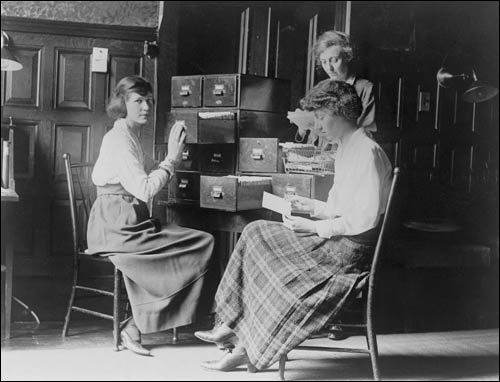WELCOME ADDRESS CLOSURE PROGRAM
OF JURIS PROJECT
By: Hon. Ray Alan T. Drilon, Executive Judge
RTC, Bacolod City.
Good evening ladies and gentlemen. On behalf of the Magistrates of the first and second level courts of this City and province I would like to thank you for your kindness in coming to this occasion, even at such very short notice.
Let me congratulate each and everyone who has been actively involved in the pioneering endeavor to institutionalize the practice of Mediation as an Alternative Mode of Dispute Resolution, within the framework of our court system.
Mediation as a form of resolving conflicts, is not something new or unfamiliar to our system, although largely unexploited. As a form of alternative dispute resolution (ADR), mediation aims to assist two (or more) disputants in reaching an agreement. Whether an agreement results or not, and whatever the content of that agreement, if any, the parties themselves determine the outcome — rather than accepting something imposed by a third party. Mediation works purely facilitatively: the practitioner has no advisory role. Instead, a mediator seeks to help parties to develop a shared understanding of the conflict and to work toward building a practical and lasting resolution.
A most significant step in using mediation to resolve conflicts was the institution of the Barangay Conciliation where parties to a conflict, in particular cases, could not directly bring to court their disputes, without first submitting to the process of Barangay conciliation. This was the brain-child of Professor Alfredo Tadiar, of the University of the Philippines, College of Law, which found its way in the statute books, now known as the Katarungan Pambarangay Law. May I also add that in the resolution of labor disputes, in organized establishments, mediation and conciliation is well entrenched.
But despite our familiarity with mediation as a mode of resolving conflicts, I dare say that we were treading on uncharted waters when the program introduced us to the novel concept of the Judge himself acting as mediator, conciliator, and early neutral evaluator. The Judge who is supposed to be impartial until he finally decides the case, now assumes the role of an evaluator acting as a neutral person, to assess the strengths and weaknesses of each of the parties so that parties gain awareness (via independent evaluation) of the merits of their case.
Looking back at the time when the idea of involving the Judges in the Court Annexed Mediation Program, and in the Judicial Dispute Resolution program, was first introduced to the Judges in Bacolod City, which incidentally was selected as one of the ten pilot areas to dry run the project, only because of the very strong lobby of Justice Bernard Ponferrada, most of us Judges were highly skeptical if it could work.
Under the auspices of the Justice Reforms Initiatives Support (JURIS), the Philippine Judicial Academy in partnership with the National Judicial Institute of Canada (NJI), our Judges, Clerks of Court, Mediators, and Lawyers, admittedly the vital stakeholders in the mediation process, underwent an intensive orientation and mediation training program.
After the training, the project implementors pilot- tested the court annexed mediation and judicial settlement conferences, in the model court sites, with the end in view of institutionalizing and integrating the ADR mechanism, both CAM and JDR, in the court system. Local Mediation Centers were set up in the pilot areas, to facilitate the mediation of mediatable cases.
We have seen how the conceptual formulation of the program played out and unfolded in the actual cases, and practice, which called for a lot of refinement. That was five years ago.
I can fairly say now, and perhaps with a little caution, that mediation actually works, because Filipinos, by nature and temperament, are negotiators, and conciliators, resorting easily to the culture of “pakikiusap,” “pakikisama”, or “pakiayos” or “pakilakad” or to us Ilonggos, “ areglohanay”. I can fairly say now that mediation actually works because it contributed to the decongestion of our court dockets, most significantly, in the first level courts, as shown by the success rate in their performance. I can fairly say that mediation works because our pool of mediators are highly dedicated and committed to the craft.
They say good things never last. After five years of pioneering efforts, and having seen the fruit of the seed sown in the unexploited yet fertile field of conflict resolution, the Justice Reforms Initiatives Support, will bow out and end its project. But the end is not the end. JURIS would now turn over the shepherding of the program to the new Philippine Mediation Center national organization. And this is the reason why the Philja and the NJIC, have invited us to this night’s affair, to witness the transition from JURIS to the new PMC, which is another milestone in the practice of mediation and conciliation in our country. Hopefully the ADR and the JDR methodologies would be expanded to cover all the rest of the courts in the province of Negros Occidental.
I am proud and honored, to be an active participant in the project since its inception. On a wider scale I would like to highlight the support, guidance, and encouragement of the Supreme Court, the Philja and the Judicial Institute of Canada, which certainly contributed to the success of the program.
May I take this opportunity to welcome all of you, and wish you an interesting evening. God Bless.
